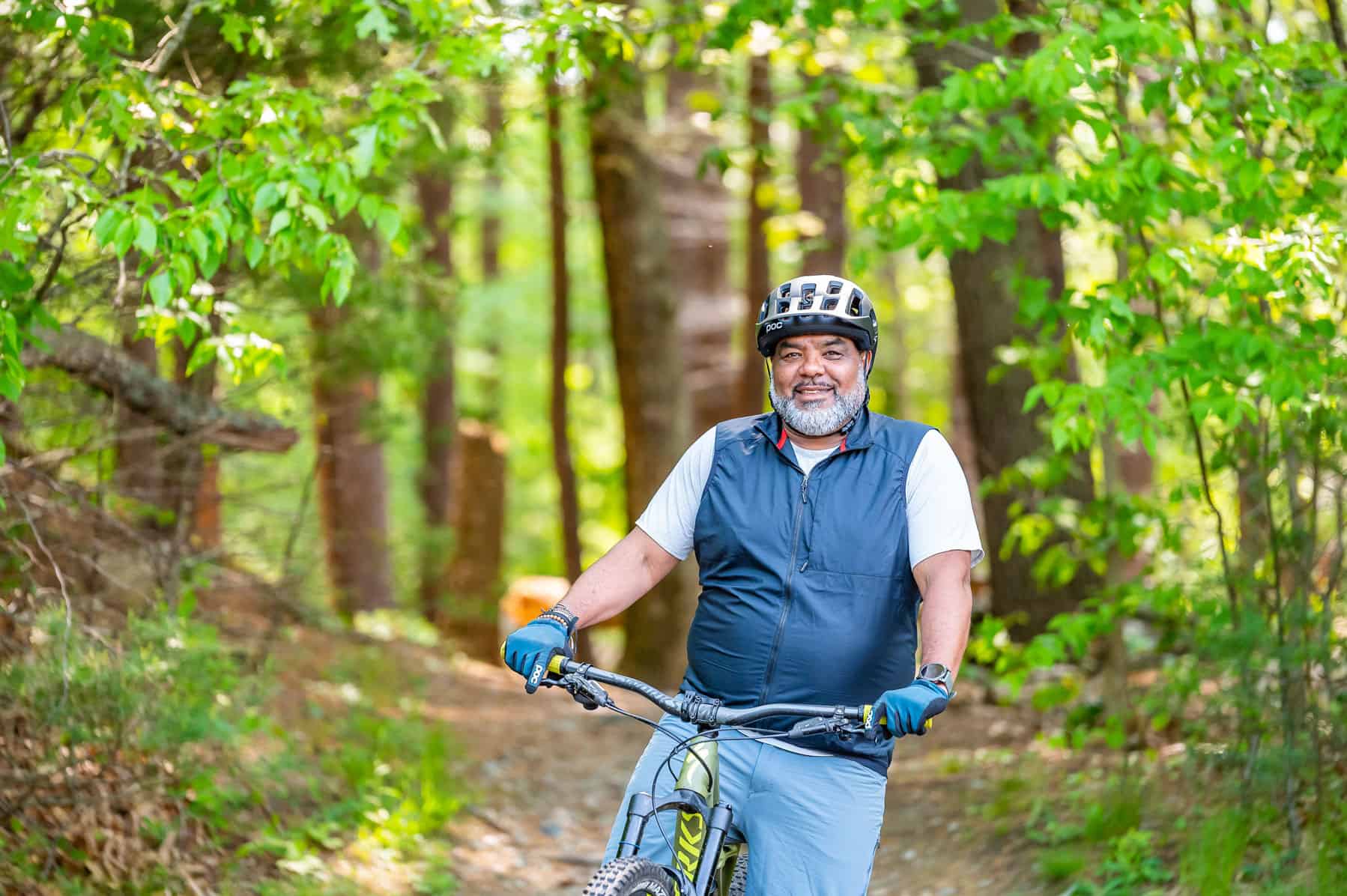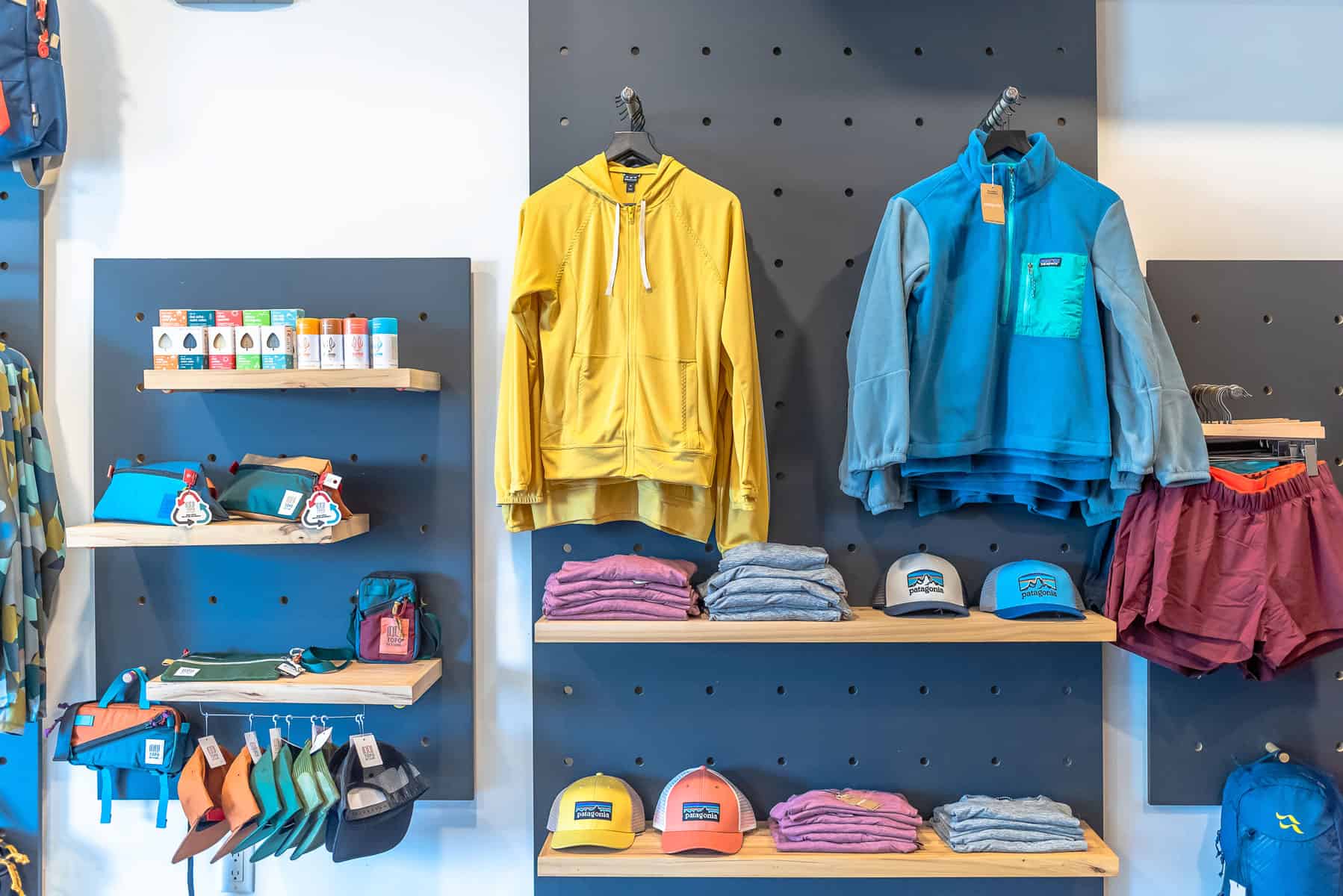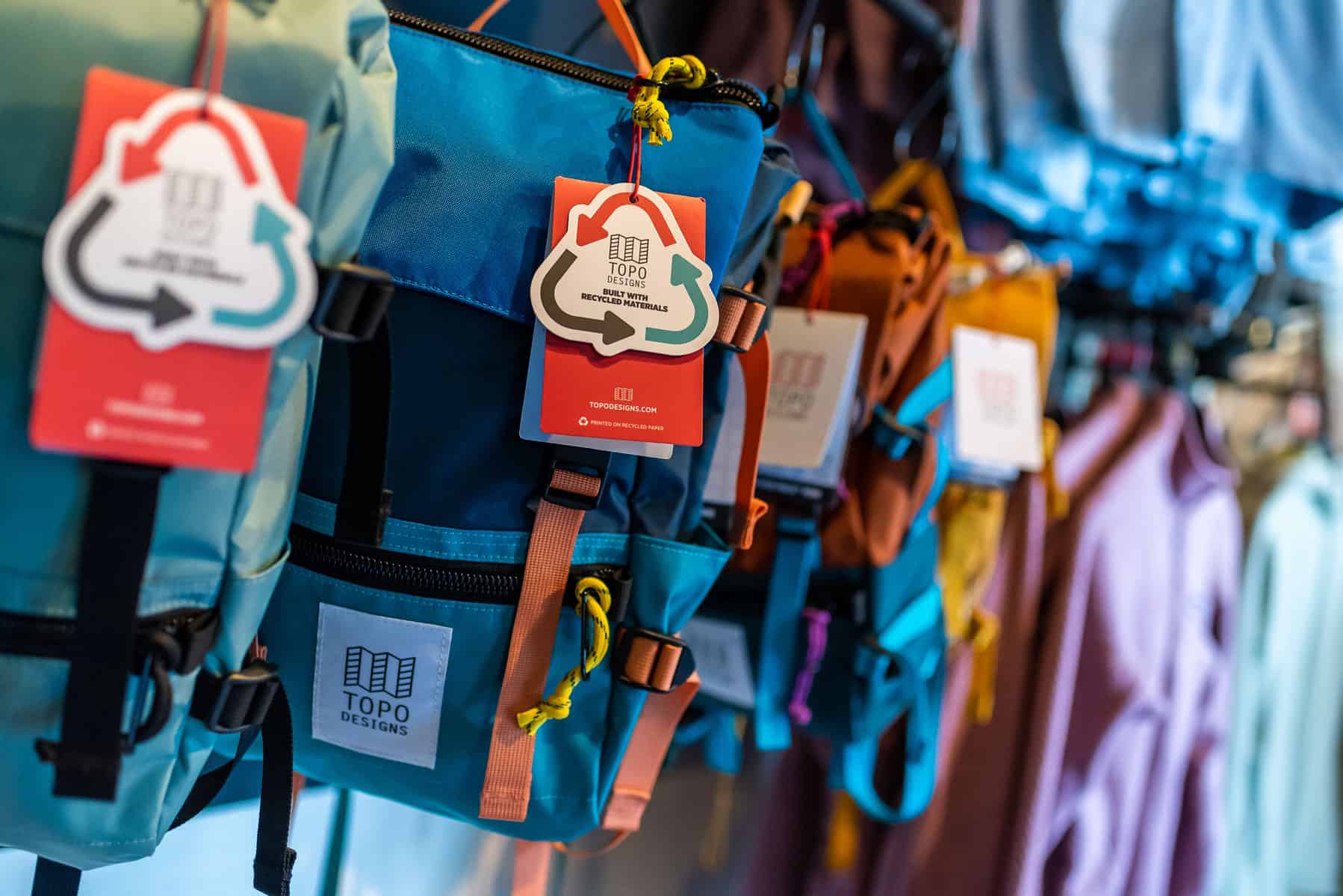Founder of the first black-owned outdoor gear shop in New England, Mark A. Boles
is passionate about mountain biking and supporting socially responsible brands.
By Jennifer H. McInerney Photography by Kjeld Mahoney
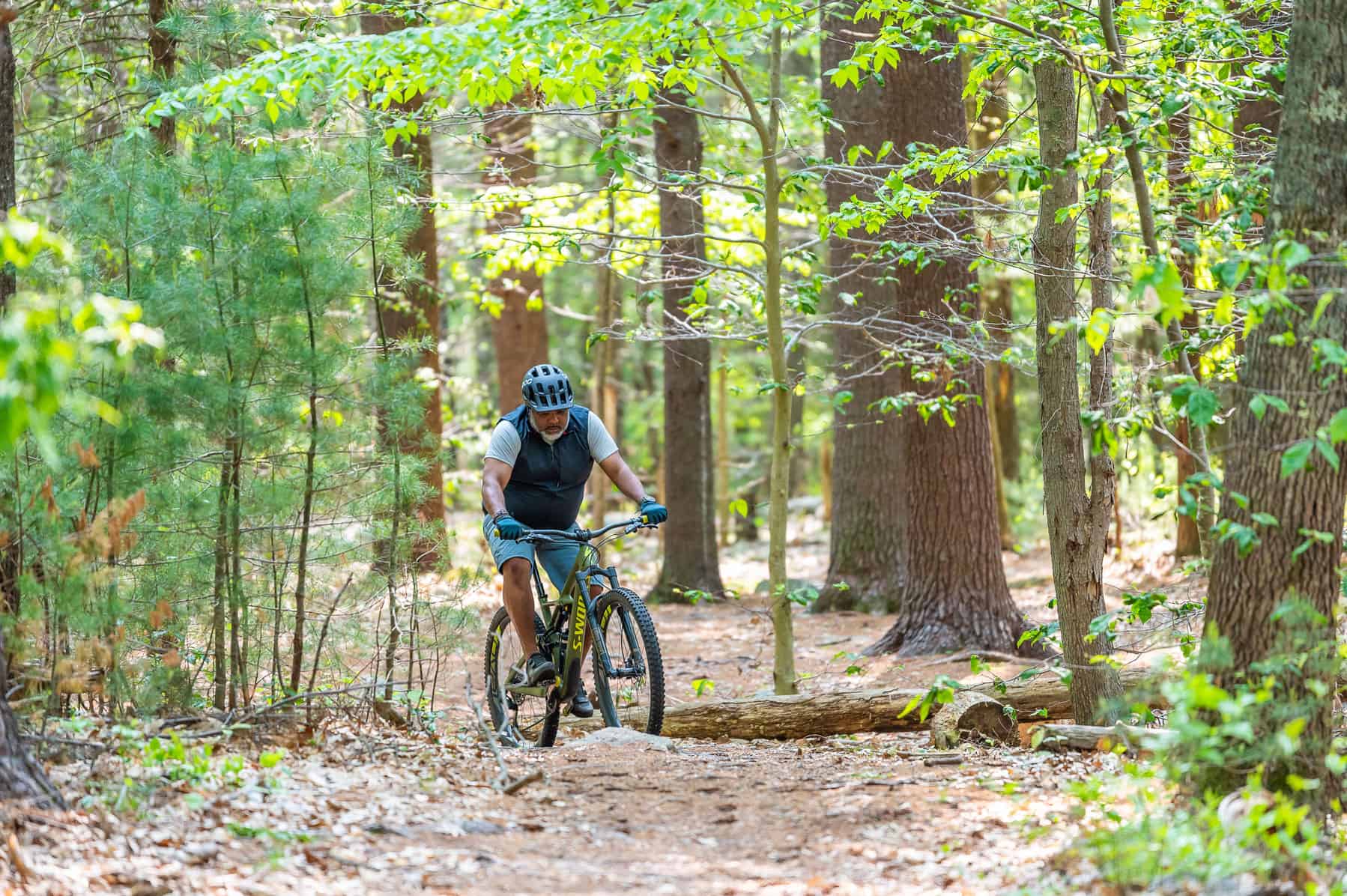
When entrepreneur Mark A. Boles opened Intrinsic Provisions in Hingham Square in 2019, he envisioned a hub for all things outdoors, from cycling water bottles, to hiking boots, to ski goggles, to clothing and accessories for every season. At the same time, he also made history as the owner of the first black-owned outdoor gear store in Massachusetts and New England, and the second black-owned store of its kind in the entire country. Along the way, Boles discovered that he could outfit the area’s outdoor enthusiasts while supporting small brands with social impact initiatives.
Why did you choose Hingham as the location for Intrinsic Provisions?
There was clearly a need for an outdoor gear store, based on the level of participation in, and opportunities for, outdoor activities here in town and around the area. In my mind, there wasn’t anything like what I envisioned creating and I had a pretty strong belief that this type of store would do well here. I also really like this space here (at 69 Water Street). It’s perfect for an outdoor gear store.
What are your favorite outdoor activities to pursue locally?
The South Shore offers a wealth of things to do in the outdoors, and Hingham, I feel, is a gateway to so many activities. World’s End is a great walking trail for everybody, and the harbor is ideal for boating or to launch a standup paddleboard. Wompatuck State Park has always been a favorite of mine. I’ve been mountain biking in Wompatuck for about 20 years. Wompatuck is huge—it’s 3,000 acres. It covers four towns. It’s a great spot to go whether you’re walking a dog or taking a moderate hike, and it connects to two beautiful nature reserves, Turkey Hill and Weir River Farm. It’s a great place to explore that I’ve loved for a long time.
What distinguishes Intrinsic Provisions?
Intrinsic Provisions is the second of four black-owned outdoor stores in the country—the only one in Massachusetts and the only one in New England. I care hugely about equity in the outdoors and I wanted to create a really comfortable, clean retail experience while having an ability to showcase brands that are having a positive social impact. Every single brand that we deal with has initiatives for good—equity, inclusion and sustainability. They care about the planet and the people who live on it. As a former advertising and marketing guy, I can help tell these brand stories. To that end, we’re trademarking the tagline, “Gear You Can Feel Good About.” That’s our goal: having extremely high-quality outdoor gear that you can feel good about and know that your purchase is helping to do something good.
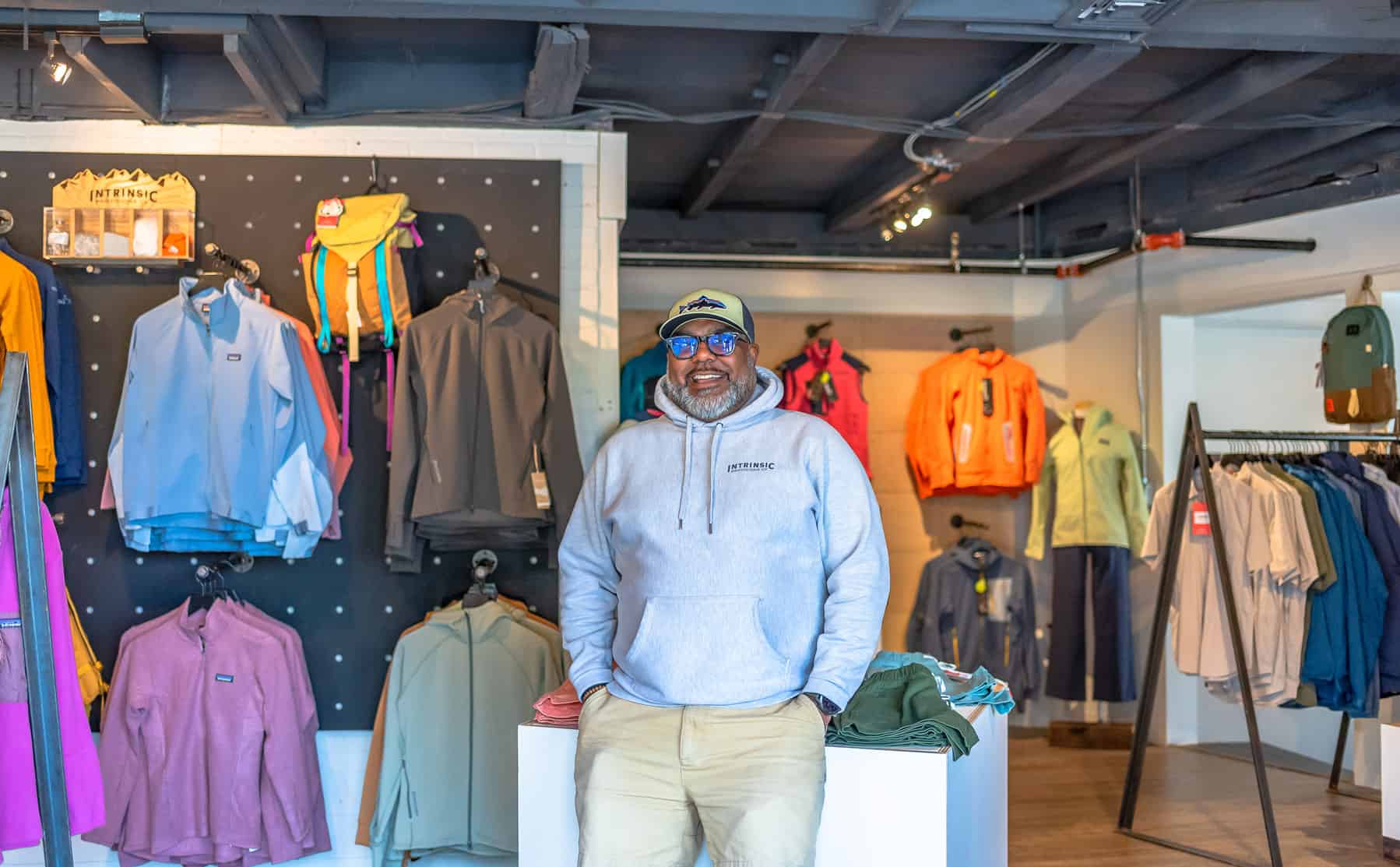
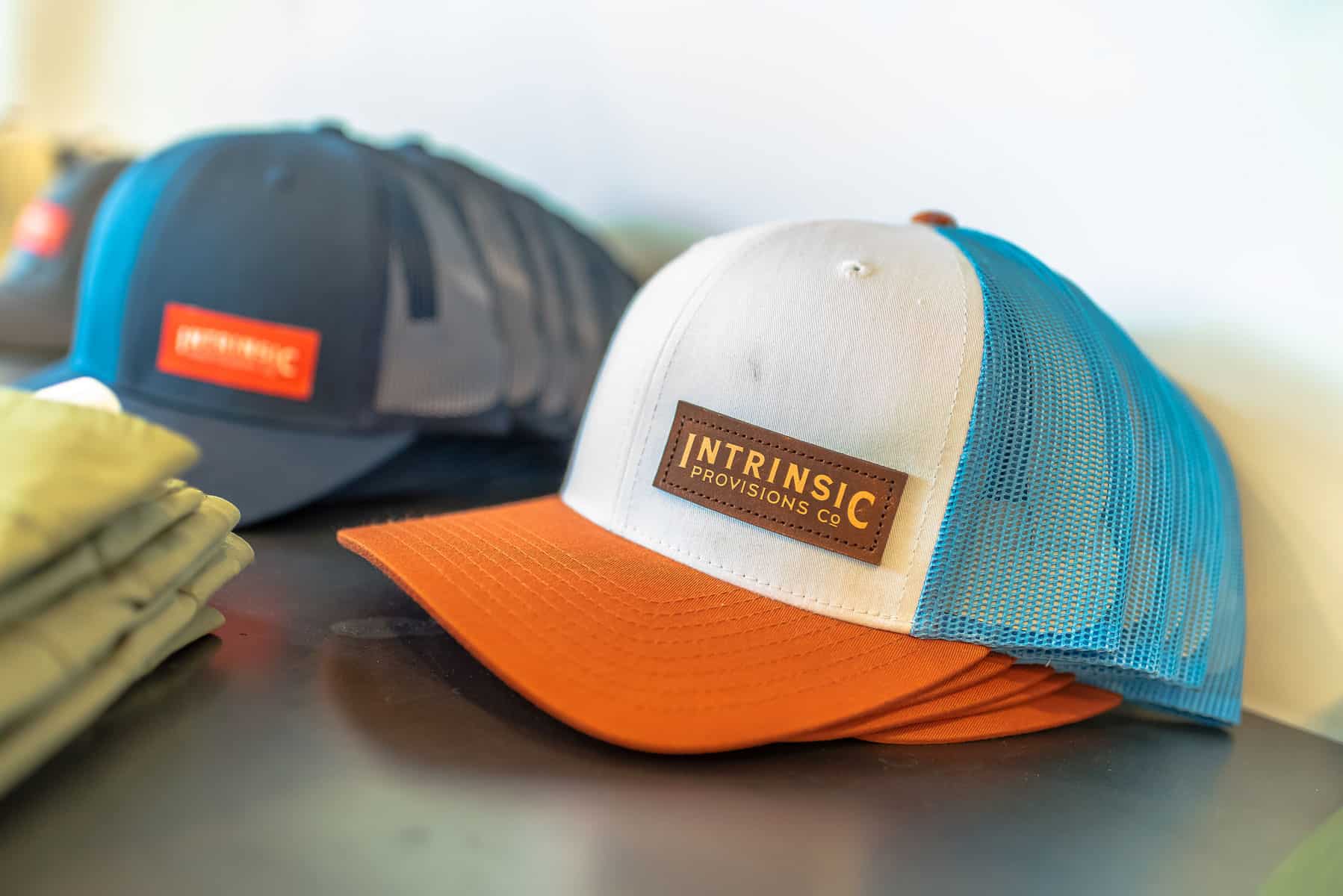
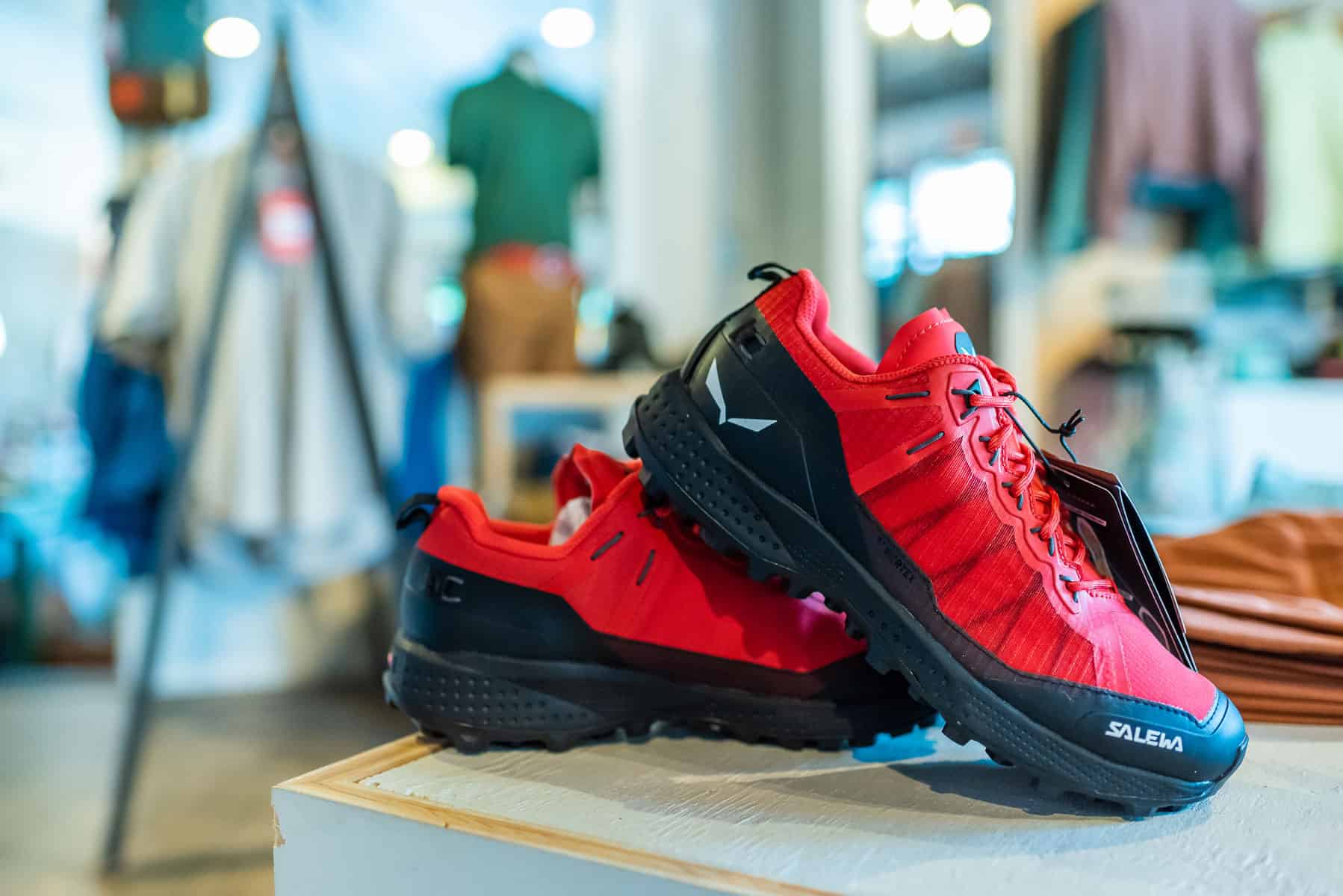
What are some of the brands you’re particularly proud to carry in the store?
Vermont Glove is a company we deal with in Randolph, Vermont. The founder of the business is 28 years old and he’s astounding. When he bought the business, it was powered by coal. In two years, he net-zeroed out the building. (The factory runs on the electricity generated by the solar array on the factory’s roof, and the coal furnace was replaced with a modern wood pellet boiler that burns renewable wood pellets, which are sustainably harvested and processed from New England forests.) When he realized that, because of Covid, nobody could afford to live in Vermont because people from New York, Massachusetts and Connecticut were buying up property in Vermont, he went out and bought an old nursing home and converted it into apartments to create affordable housing.
Another company, Toad & Co., has all their efforts around sustainability of fabrics and they do a ton as it relates to hiring people with special needs. We also deal with a company called Bivo, which has reengineered cycling water bottles so that it doesn’t use virgin plastic. There’s Opolis Optics out of Maine—they’ve been around for three or four years and they’ve taken something like 350,000 water bottles out of the ocean in third-world countries and are making sunglasses and ski goggles with a mix of recycled water bottles and plant-based materials. And there are many more businesses like these that we want to help succeed by showcasing them at Intrinsic Provisions.
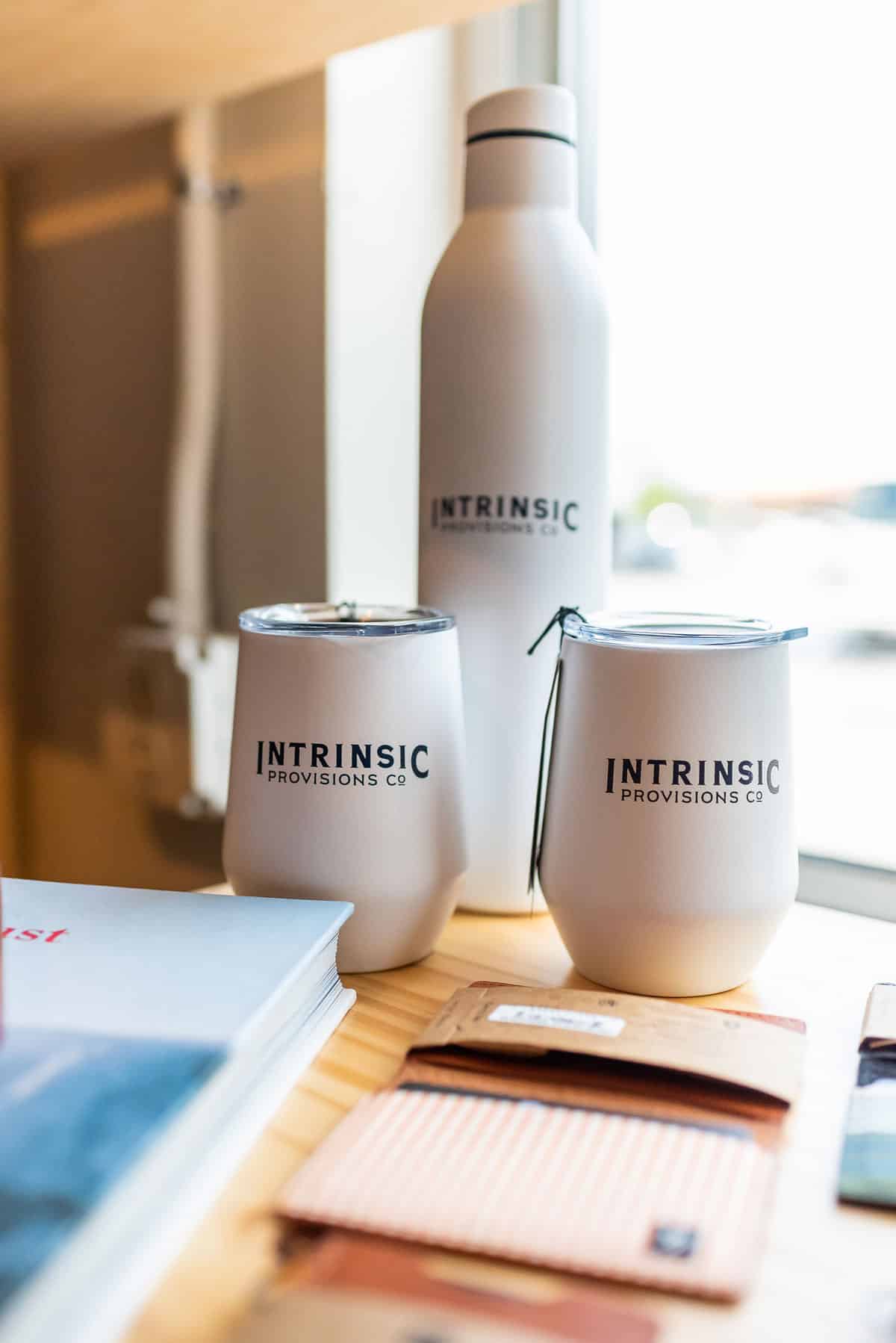
How did the timing of the store’s opening just before Covid affect the business?
When I started this store four years ago, I really wanted to focus solely on brick-and-mortar. We had a website, but we didn’t have e-commerce. For the first year or so, we were exploring different business models, like being sort of a roving pop-up. But then Covid happened. We ended up setting up e-commerce as a result of Covid to satisfy curbside shopping because our doors were forced to be closed for the better part of five to six months—and then we all got Covid and were caught in the transition of the supply chain mess and seasonal transition. So we lost about a year, all told, between 2020 and ’21. But our brick-and-mortar and e-commerce is going strong now.
What are your plans for the future of Intrinsic Provisions?
I know we seem like this charming little shop in this little old building, which we are, but we have grand plans, for sure. We’d like to replicate this model, blowing out the e-commerce side, and expand to something like 30-35 stores in secondary markets. We’re being asked to look at a place in Darien, Connecticut, called the Corbin District. We’re looking in Portland, Maine. We’re looking in Boston, at the junction of the South End and Dorchester. Along with that would be a content platform side, so we’d look at ways to elevate the brand stories and the small brands we represent. We have warehouse space in Marshfield now, over by Stellwagen Beer Company, and that helps with our e-commerce fulfillment. So we’re getting there, slowly but surely.
